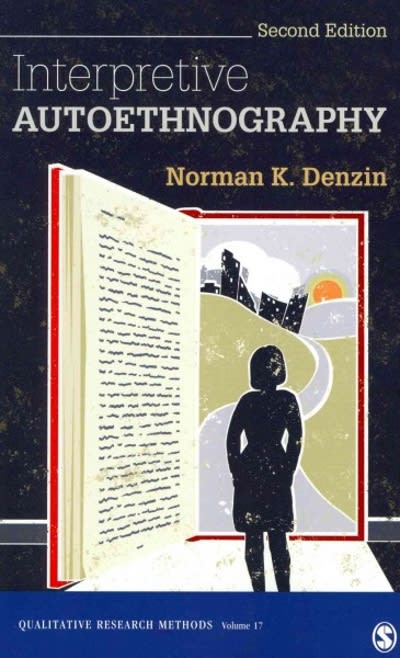Question
As Worden suggests, the major mediators that influence the type, intensity, and duration of grief are important when considering why people fail to grieve. These
As Worden suggests, the major mediators that influence the type, intensity, and duration of grief are important when considering why people fail to grieve. These mediators include but are not limited to relational factors, circumstantial factors, historical factors, personality factors, and social factors. Complicated mourning manifests in many ways and has been given various labels, including pathological grief, unresolved grief, complicated grief, chronic grief, prolonged grief, delayed grief, or exaggerated grief. Complicated mourning is a state of intensified grief that does not transition to completion. Worden uses the term "complicated mourning" because the difficulty lies in the mourning process which is impeded by some or many factors. The factors do not allow the mourning process to move forward toward a good adaptation to the loss.
It is essential to appreciate grief's pervasive yet individualized nature across diagnostic groups and contexts. Worden delineates four distinct clinical presentations of complicated grief: chronic grief, delayed grief, exaggerated grief, and masked grief. Additionally, the author highlights twelve assessing clues for detecting unresolved bereavement that complicates psychological adaptation. For this discussion, please describe the indicators you have observed either professionally or personally? What are the key differences between them? Have you experienced any of these presentations either professionally or personally?
Step by Step Solution
There are 3 Steps involved in it
Step: 1

Get Instant Access to Expert-Tailored Solutions
See step-by-step solutions with expert insights and AI powered tools for academic success
Step: 2

Step: 3

Ace Your Homework with AI
Get the answers you need in no time with our AI-driven, step-by-step assistance
Get Started


